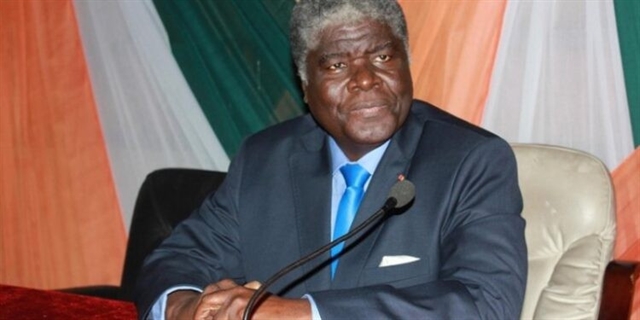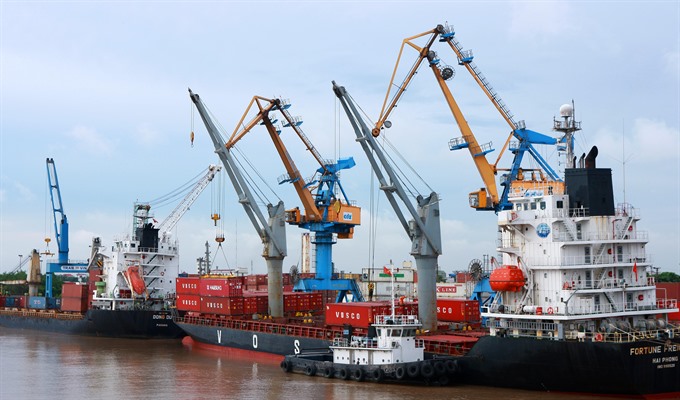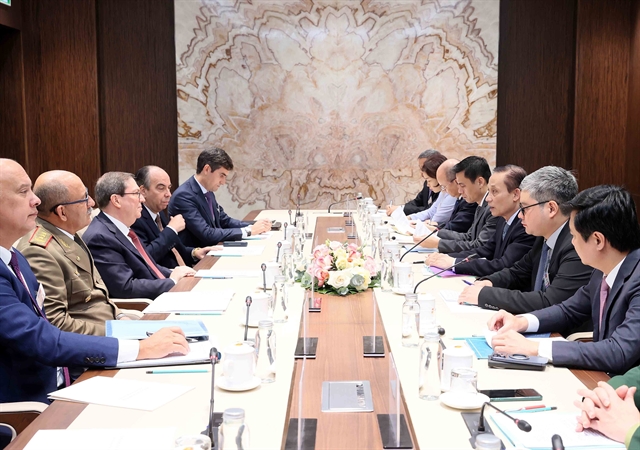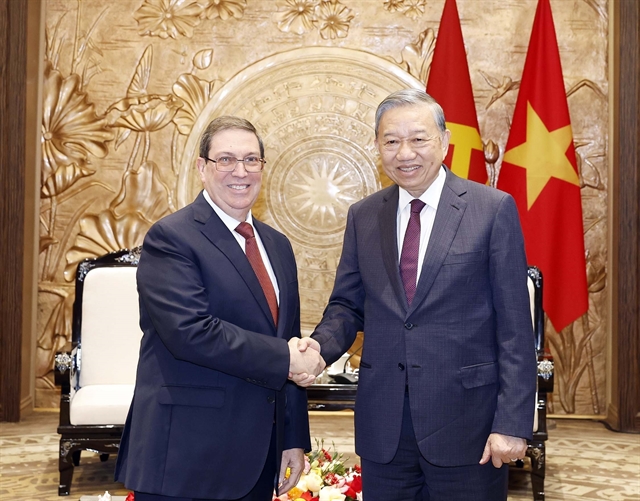 Politics & Law
Politics & Law

Nations should look beyond mere economic gains at questions of sovereignty and excessive dependence when considering participation in China’s Belt and Road (BRI) initiative, experts said yesterday.
 |
| Hải Phòng Port in Hải Phòng City is expected to be part of the Maritime Silk Road. - VNA/VNS Photo Lâm Khánh |
HÀ NỘI — Nations should look beyond mere economic gains at questions of sovereignty and excessive dependence when considering participation in China’s Belt and Road (BRI) initiative, experts said yesterday.
At an international conference held in Hà Nội to discuss the opportunities and challenges that BRI presents, they said that it was an attractive option against the backdrop of growing protectionism in the West.
However, the ambitious co-operation and connectivity project has implications that transcend economics, several added.
BRI was first unveiled to the world as a grand development vision by Chinese General Secretary Xi Jinping. It is a series of deeply connected economic corridors, the ultimate aim of which is to “make Eurasia (dominated by China) an economic and trading area to rival the Transatlantic (dominated by America),” wrote Prof. Toshiaki Tamaki of Japan’s Kyoto Sangyo University.
The issues with the initiative stem from China’s motive, other experts said, adding that it was important to assess how much of the initiative was economic – opening up new markets for China, in which case, the connectivity would be a win-win scenario for all parties involved, as China has repeatedly said, and how much of it is political – exploiting the waning influence of the United States in the region to boost its own.
Prof. Trịnh Văn Định of the University of Social Sciences and Humanities under the Việt Nam National University in Hà Nội, called the Belt and Road initiative the equivalent of “a snake shedding its skin to enable further growth and development.”
He noted that mega-structures in the history of China all had to do with ‘connectivity,’ whether it was the Great Wall connecting mountains, the Grand Canal, connecting rivers and channels, the Silk Road, connecting deserts, and currently, the dual-approach Eurasian Silk Road Economic Belt and the 21st-century Maritime Silk Road, which aims at connecting regions within China and the nation with the world at large.
Định also warned about the historical and ongoing wish of China wanting to turn its southern neighbour Việt Nam into a “buffer zone.” The difference is that, in the past, the northern giant aimed to achieve this goal through cultural assimilation or political binding ties; but in modern days, China’s strategy of exerting influence is via a sizeable wallet – funding Việt Nam’s dire infrastructure development needs.
Professor Carlyle Thayer, from the UNSW Canberra at the Australian Defence Force Academy, said the initiative would certainly be lucrative, economically.
Australia is one of the countries taking part in the China-led Asian Infrastructure Investment Bank. Its own project to develop the northern part of the country has “complementarities” with China’s initiative, but several concerns remain, according to Thayer.
Enumerating some of the concerns, Thayer mentioned the undermining of Bretton Woods financial institutions (World Bank, IMF etc.), impacts on the environment, lack of two-way trade flow, and most importantly, China’s “use of BRI projects as economic leverage to influence Australia’s decision-making.”
The Australian academic also felt Việt Nam should be mindful of long-term lease of key infrastructure to China.
Professors Phạm Quang Minh and Lê Hoàng Giang of the University of Social Science and Humanities commented that the BRI poses a dilemma for China itself, for the existing global order, the Eurasian countries included in China’s grand vision, and in particular, Việt Nam.
On the one hand, if Việt Nam chooses to join the ‘maritime Silk Road’ – considered “one of the largest maritime trading networks in world history” – the economic gains would be tremendous. On the other hand, it could also mean Việt Nam’s “sacrificing its rightful territorial claims” in the East Sea (South China Sea) dispute.
The likelihood of Việt Nam becoming even more dependent on China’s products, services, and capital when it joins the BRI should also be deliberated carefully, they said.
Scholars from the Diplomatic Academy of Việt Nam highlighted unresolved concerns surrounding thousands of BRI-related projects – both underway and planned, notably, insufficient protection of labour rights, notorious environmental record of Chinese firms, lack of transparency, and China’s challenging of internationally recognised dispute settlement mechanisms. — VNS




